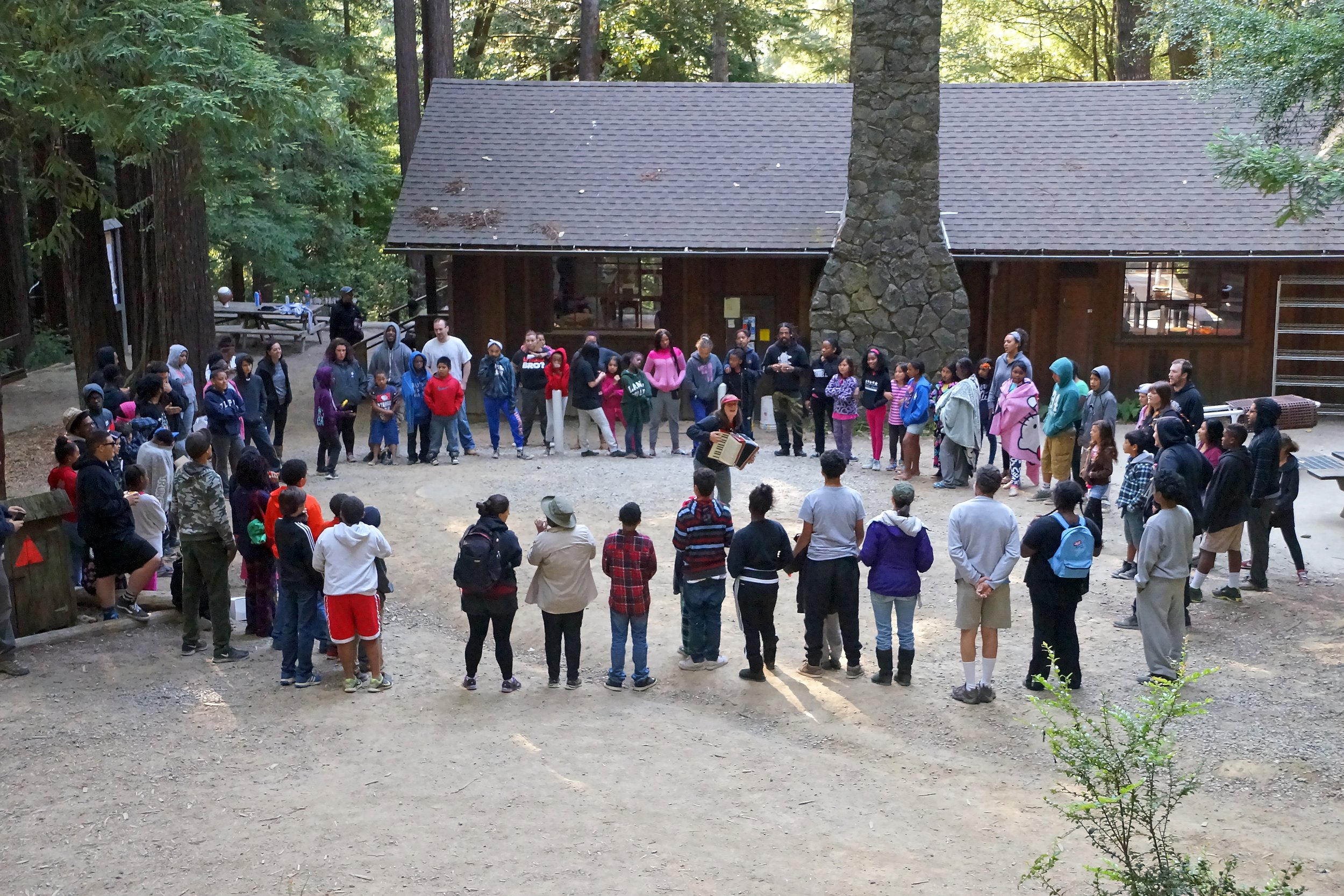Evaluation & Outcomes
We track our outcomes to ensure that every young person we serve is growing, healing, and building toward a stronger future.
Our Process
At Project Avary, we track the impact of our work by measuring the social-emotional well-being and skill development of children with incarcerated parents. Our goal is to support healing, build resilience, and help youth break cycles of justice system involvement.
To guide this work, our Mental Health Committee, led by child psychologist Dr. Molly Burke and pediatrician Dr. Michelle Pepitone, developed a set of core developmental assets essential for healing, including conflict resolution, resilience, self-esteem, and peer relationships. In collaboration with Dr. Dylan Sears, we created a tool to evaluate growth in these areas.
Youth and caregivers complete a baseline survey upon enrollment, which is repeated annually, alongside input from staff and counselors. We then aggregate this data to assess overall progress.
Over the past five years, 87–92% of Avary youth have shown significant growth in key social-emotional skills.
Long-Term Impacts
The skills youth build at Project Avary don’t end when the program does, they stay with them for life. Our long-term evaluations show that the social-emotional growth fostered during their time in the program continues to shape how they navigate adulthood.
We follow up with alumni to assess how these developmental assets translate into long-term success, including education, employment, healthy relationships, and positive community involvement.






